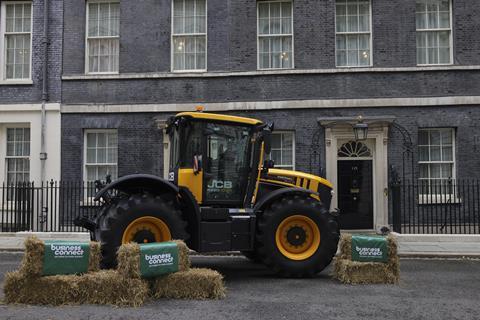
Farmers are set to hit the streets once again tomorrow in protest at the government’s changes to Inheritance Tax eligibility and years of “damaging agriculture policy”.
Campaign groups Save British Farming and Kent Fairness for Farmers – which organised a rally in Westminster in March – will descend on Dover in a tractor rally and ‘drive-slow’ of farmers in tractors and farm vehicles from 12.30pm on Wednesday.
The two groups are urging a u-turn on the government’s controversial IHT plans – which attracted a protest of more than 10,000 in London last Tuesday – in addition to calls for a new veterinary agreement with the EU.
As part of a long list of demands, they also want the government to rule out a free trade deal with incoming US president Donald Trump, and a reversal of the “fast-track” removal of the BPS subsidy scheme as laid out in Chancellor Rachel Reeves’ budget on 30 October.
Action on supply chain fairness, the strengthening of labelling on UK food and the scrapping of taxes on fertilisers and pickups are also being called for.
Kent Fairness For Farmers organiser and beef farmer Matt Cullen said it was “time for farmers to stand up and fight back” and time to “show the government things will escalate more if they don’t sit down and talk to us”.
It comes as the debate over the government’s controversial Inheritance Tax plans took another turn this week after the Institute for Fiscal Studies suggested a delay to the rollout of the plans could be “fairer”.
New analysis published yesterday by the independent think tank found that the proposals, overall, “moves our Inheritance Tax in the right direction”.
Some “relatively simple tax planning will ensure that many farms worth considerably more than £2m will not be liable for tax”, IFS authors Stuart Adams, Helen Miller and David Sturrock pointed out.
“And it is important to remember that most of the Inheritance Tax payable will be on very valuable estates.”
Read more: ‘We’ll have nothing left’: Emotional reactions from Westminster farmers’ protest
However, the IFS report also conceded it was “not surprising” those affected by the changes would feel “aggrieved”, as it alluded to elements within the new policy that were “unfair”.
The government has previously cited the IFS as a body that had verified calculations behind proposals to impose IHT on farms worth over £1m.
The changes will see Agricultural Property Relief (APR) and Business Property Relief (BPR) cut from 100% to 50% for farm businesses valued above £1m, though other mitigations are also available to farmers that could take their tax-free eligibility up to between £3m and £4m, depending on individual circumstances.
One specific feature that may leave farm owners feeling unfairly treated was that those dying in the next seven years (but after the new regime comes into force in April 2026) would “not have had the opportunity to avoid Inheritance Tax by making lifetime gifts”, the IFS report said.
If the government wished to give current farm owners “the same opportunity to avoid Inheritance Tax as owners of other assets”, it could, for example, make lifetime gifts of agricultural property made before a certain future date Inheritance Tax-free, regardless of the timing of the death, the report suggested.
Similarly, it could “transition to the new regime more slowly”. And there was also “certainly a good case for making unused portions of the £1m allowance inheritable by a spouse or civil partner, like the other main Inheritance Tax allowances are”, it added.
Why is the budget such bad news for the UK’s farmers?
The IFS suggested a more targeted approach of support towards areas it wished to promote – such as producing food, planting trees or encouraging biodiversity – could also be fairer than the current proposals.
“If the government wishes to redistribute to certain groups in society, it should do so directly: Inheritance Tax relief is not a well-targeted tool for doing these things,” it added.
The IFS’ intervention comes as independent tax expert Dan Neidle this week claimed the proposals “hits farmers too hard and tax avoiders too lightly”, based on calculations from the Treasury, sent to the Treasury Select Committee earlier this month.
Neidle’s think tank Tax Policy Associates suggested a “better solution” would be to dramatically increase the relief cap to £20m to target only the largest businesses, alongside introducing a “clawback” if a currently IHT-exempt farm is sold in a certain time period.
Meanwhile, the NFU said on Friday that its own new analysis – drawn from a different dataset to the government’s – backed up its up its prediction that 75% of commercial farms will be above the £1m threshold to pay Inheritance Tax.
It claimed its latest research showed that the evidence the government was basing its policy on – HMRC data and Agricultural Property Relief claims from 2021-22 – was flawed, with a fundamental difference between what constitutes a working farm and the number of APR claims.







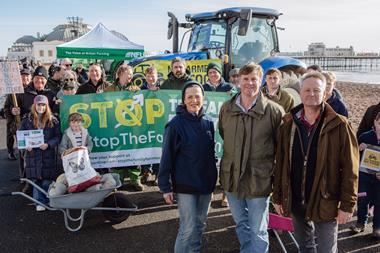


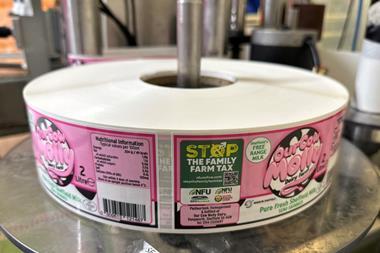
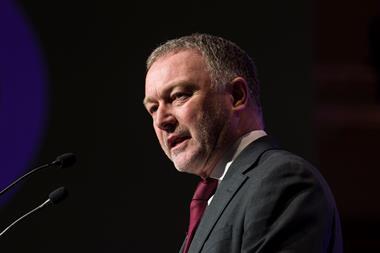
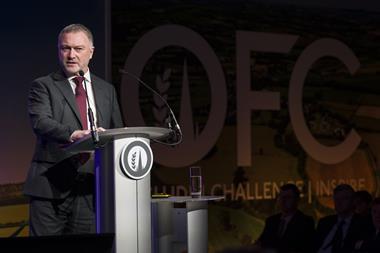






No comments yet